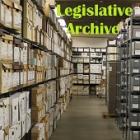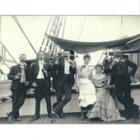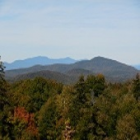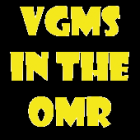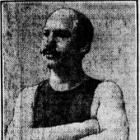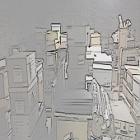
Space Management in the Archives: What goes where? How? And why?
University of Washington Libraries’ Special Collections is the largest repository of its kind in the Pacific Northwest. After receiving a Capital Projects Award from UW Libraries to fund the installation of compact shelving in a room in the sub-basement of Allen Library, it added 3,000 cubic feet of shelving space for its archival collections. With newly acquired archival collections arriving daily and available space at a premium, the department needed a plan for how this new space was to be used and a person to help implement that plan. For my project, I analyzed collection data, environmental reports, and staff input to develop a criteria for determining which collections should be moved into this new space. Using that criteria, I identified collections to be moved, prepared them accordingly, and moved them to the new space-updating database records and creating a shelf-list and shelf-map in the process.


